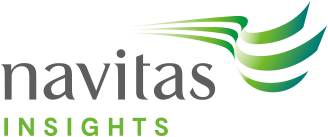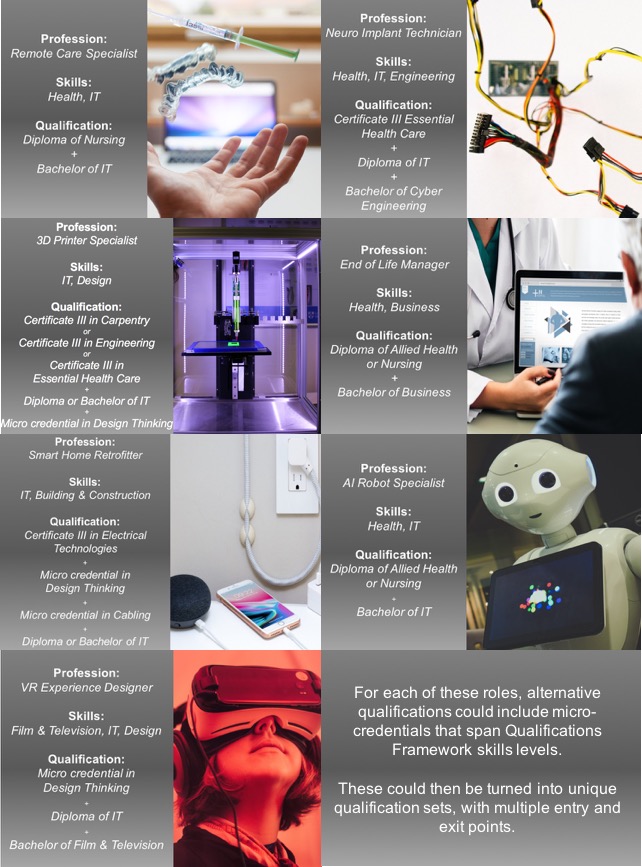
The new uber-professional
Much has been written about the changing demands of tomorrow’s workplaces, of future careers that do not yet exist, and the impact of automation and digitisation on the way we work and learn today.
As we seek to clarify how we skill, reskill and upskill our workforce, we see the emergence of a new breed of employee, the ‘paraprofessional’. The paraprofessional is defined as:
..a person to whom a particular aspect of a professional task is delegated but who is not licensed to practice as a fully qualified professional.
But I would argue we need a much broader term to cover this increasingly disaggregated field. An ‘uber-professional’ who may have a primary discipline, but has also developed skills and knowledge from multiple disciplines to be more effective and relevant in our rapidly evolving workplaces. Some examples are listed below.
Emerging roles….
As you can see, uber-professionals will need a new, scaffolded approach to qualifications. A traditional, siloed approach will not allow them to upskill fast enough in an increasingly competitive world. We see emerging opportunities in micro-credentials and micro-masters, accruing cross-faculty and cross-sector qualifications within a broader qualifications framework.
At Navitas, our new learning and teaching strategy provides a flexible approach to respond to these challenges. We are developing a Teacher Excellence at Navitas program, using micro credentials, badging and personalisation within a national and global higher education framework. We are also exploring new qualifications that cross traditional faculty boundaries as well as Micro PD, Micro Credentials and Micro Masters. SAE’s recently launched Master of Creative Industries, focusing on cross-sectorial skills, is a good example. It uses project-based learning as a baseline for holistic assessment.
Blending practical and academic
As World Economic Forum Founder Klaus Schwab notes, “reskilling and retraining the existing workforce are essential levers to fuel future economic growth, enhance societal resilience in the face of technological change and pave the way for future-ready education systems for the next generation of workers.”
I personally believe this means we need to challenge long-held assumptions about the role of higher education, including the distinction between the ‘academic’ and the ‘practical’, for the sake of today’s learners and their future employers.
In a time of unprecedented digital change, the world needs a workforce that can understand metacognitive problems, analyse data and concepts, and understand how to turn conceptual knowledge into practical applications. The fusion between mind and body is increasingly critical – and neither is superior to the other, as Professor Guy Claxton has argued in his research.
Media coverage reflects the general concern about whether higher education delivers this value today. For example, a 2018 Ernst & Young report suggested “about 40 per cent of existing university degrees will soon be obsolete.” Its research found that much of the content within degrees bears no resemblance to the work a student will eventually do. In another story analysing whether post-study work is related to course content, a student declares “It’s pretty likely that I’ll be studying or searching for work for the rest of my life.”
For higher education providers, one of the biggest challenges is creating flexibility to move between disciplines and to choose qualifications that evolve as quickly as our students expect.
They will also expect to be able to create their own personalised qualification, picking from a mix of courses and micro-credentials. Within this program of study, career planning will help them identify what else they might need in an evolving work-life that is likely to include casual or contracted work, or running their own microbusiness.
This new breed of uber-professional will need to manage responsibilities and tasks we cannot yet imagine. If their choice of studies is as agile as the roles they will be expected to perform, we can ensure that higher education remains relevant – and continues to add value to our economies and the broader society.




